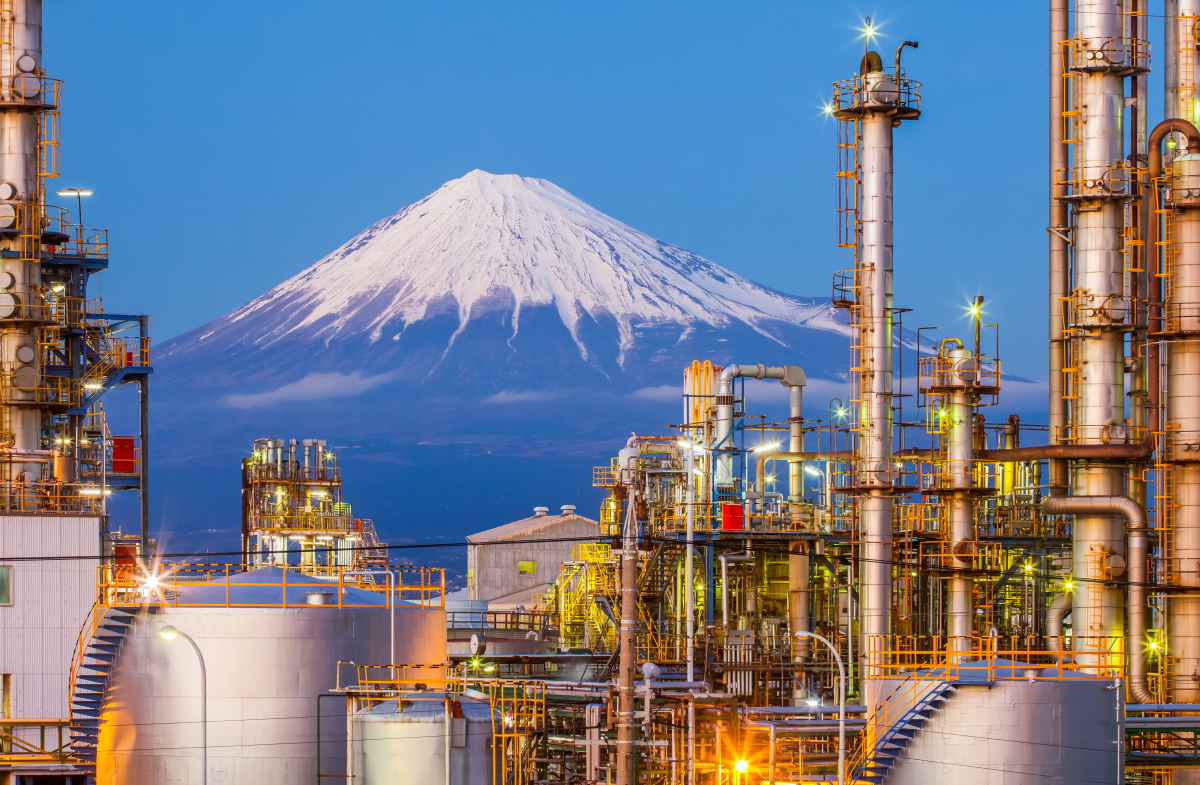Japan, the world’s third-largest economy, is a power-starved nation. Since the Fukushima meltdown in 2011, which led to the closure of all nuclear reactors that supplied 30% of the country’s electricity, Japan has been running on a thin supply of electricity. Even a decade after the desaster, Japan has not been able to overcome its power supply woes. Economic liberalisation during the last decade and production of cleaner energy resulted in retiring the inefficient and thermal power plants, further depleting resources and making the country heavily dependent on imports, especially crude oil.
Currently, Japan’s energy policy is experiencing a major shift. For starters, the nation is again turning to nuclear power to deal with rising energy prices and power crunches. The country plans to restart the idle plants, increase the life spans of some reactors as well as construct next-generation reactors. In July, Japanese Prime Minister Fumio Kishida directed officials to proceed with the operation of up to nine nuclear reactors, which are equivalent to roughly 10% of Japan’s total electricity consumption volumes.
The announcement by Kishida suggests a major shift in Japan’s energy policy. Nuclear power was a tense subject in Japan since the Fukushima disaster, which was triggered by a massive earthquake and following tsunami. However, now the public sentiment is also in favour of restarting the country’s nuclear reactors to deal with Japan’s energy crisis. According to a Nikkei survey in March, 53% of people said nuclear reactors should restart if safety can be ensured.
Also the International Energy Agency (IEA) chief, Faith Birol, has supported the Japanese government’s move to pivot to nuclear energy, saying the move is consistent with the latest analysis by the IEA.
Japan has the goal of expanding nuclear energy into 20% to 22% of the country’s energy mix by 2030. The Nuclear Safety Authority has undertaken safety checks of 25 of the 33 effective reactors and 17 have been approved. However, only 10 have restarted after the consent of the local communities.
Japan’s Minister of Economy, Trade and Industry Yasutoshi Nishimura told CNBC during the G20 meeting in early September that nuclear power is important for Japan to “achieve carbon neutrality while ensuring energy security”.
Energy crisis pushes Japan to rely on coal
Aside from pivoting back to nuclear power and while being committed to shifting to cleaner energy sources, Japan is looking to revitalize aging coal-fired power stations like Takasago Thermal Power Plant. The plant close to the western port city of Kobe was built in 1968 nd is now beyond its retirement age. Owned by Electric Power Development Co. (J-Power), Takasago has assumed great importance during Japan’s energy crisis.
Hiroyuki Uchinaga, an official of J-Power, said “Typically, a power plant operates efficiently for 20 to 30 years. But now the plant is entering a new territory after having been operational for over five decades.” As experts believe that the electricity supply will remain tight this winter owing to extreme weather conditions becoming more common, Takasago is likely to run for several more years to keep the grid stable.
A strong earthquake in March this year overloaded the power grid, and the situation was exacerbated by a surprise cold snap in Tokyo. In summer, a heat wave hit the country putting strains on power grids that buckled under heavy demand. This lead the government to request a three-month period of conserving electricity for Japanese households and businesses – the first time in seven years.
Japan’s energy-saving initiatives
Energy-saving measures to overcome the prevailing power crisis will expected to last for a while in Japan. Last week, the industry ministry asked businesses and households to conserve as much energy as they can during the period between December and March 2023. This is the first time since 2015 that the government has requested for power conservation during the winter months.
According to Japan’s Advisory Committee for Natural Resources and Energy, the electricity supply-demand situation will be severe in several parts of Honshu, Japan’s biggest island, in January.
However, Japan’s national grid monitor Organisation for Cross-regional Coordination of Transmission Operators (OCCTO) said last week that the country’s electricity prospects for the winter was better after it ensured additional power generation capacity via public auctions. According to the OCCTO, the power generation capacity reserve ration for 10 regions is likely to be higher than the minimum 3%. The OCCTO told an expert panel on Japan’s electricity and gas policy that the country will have constant power supply in January and February next year. By the end of June, it was predicted the reserve ratio would drop much below 3% in eight of the 10 regions in January and two in February.
Meanwhile, earlier this month, the Tokyo Metropolitan Government announced its plans to implement a new system from April 2025 that will make it mandatory for developers and home builders to install solar panels on all new houses. Over 50 major developers and real estate companies will be covered under the new system.


 Australia
Australia China
China India
India Indonesia
Indonesia Japan
Japan Malaysia
Malaysia Philippines
Philippines Singapore
Singapore South Korea
South Korea Taiwan
Taiwan Thailand
Thailand Vietnam
Vietnam







